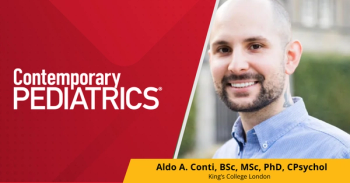
Study to examine laxative use in children
The US Food and Drug Administration has awarded a research grant to the Children’s Hospital of Philadelphia to study the safety of an adult laxative commonly used in children.
The US Food and Drug Administration (
The study will focus on
Researchers will also investigate whether PEG 3350 is associated with
Another issue the study will address is metabolism and blood levels in children of
Trace amounts of ethylene and diethylene glycol are permitted in drugs and considered safe by the FDA when the drugs are used according to approved labeling. In the case of PEG 3350 laxatives, the approved use is once a day in adults for no longer than 7 days. Safety in children and during exposure to laxatives over a prolonged period are unknown.
To get weekly clinical advice for today's pediatrician,
Newsletter
Access practical, evidence-based guidance to support better care for our youngest patients. Join our email list for the latest clinical updates.






